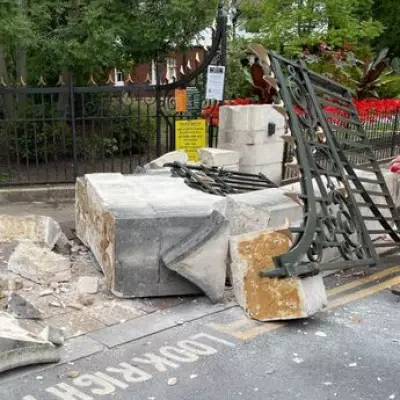
If you've ever been kept awake by blaring music or shouting matches through the wall, you're not alone. Startling new data has mapped London's noisiest neighbourhoods, revealing which boroughs bear the brunt of Britain's auditory annoyances.
The Capital's Complaint Hotspots
Freedom of Information requests have uncovered a dramatic disparity in noise disturbance reports across the city. Tower Hamlets emerged as London's noisiest borough, with residents lodging a staggering 4,145 complaints about their neighbours in just twelve months.
Close behind were Southwark with 3,803 grievances and Newham with 3,570, painting a picture of an increasingly noisy capital where peace and quiet comes at a premium.
The Quiet Corners of London
At the other end of the spectrum, some Londoners enjoy remarkably tranquil surroundings. Richmond upon Thames recorded just 533 noise complaints, while Kingston upon Thames and Havering reported 668 and 679 respectively.
The data reveals a clear divide between inner and outer London, with central boroughs suffering significantly more from noise pollution than their suburban counterparts.
What Counts as Noise Pollution?
Local authorities classify noise nuisances under several categories:
- Loud music and parties
- Shouting and arguments
- DIY and construction at unreasonable hours
- Barking dogs
- Alarms sounding repeatedly
"The impact of persistent noise on quality of life cannot be overstated," explains environmental health officer Sarah Jenkins. "It affects sleep, mental health, and overall wellbeing. Many people don't realise how significantly noise pollution impacts their daily lives until they're experiencing it firsthand."
What to Do About Noisy Neighbours
If you're affected by noise pollution, authorities recommend taking these steps:
- Speak calmly to your neighbour first - they may not realise they're causing a disturbance
- Keep a diary of incidents with dates, times and specific details
- Contact your local council's environmental health team if the problem persists
- In extreme cases, noise monitoring equipment can be installed to gather evidence
The research highlights the challenges of urban living in one of the world's busiest cities, where close-quarters living often means your neighbour's habits become your problem.





